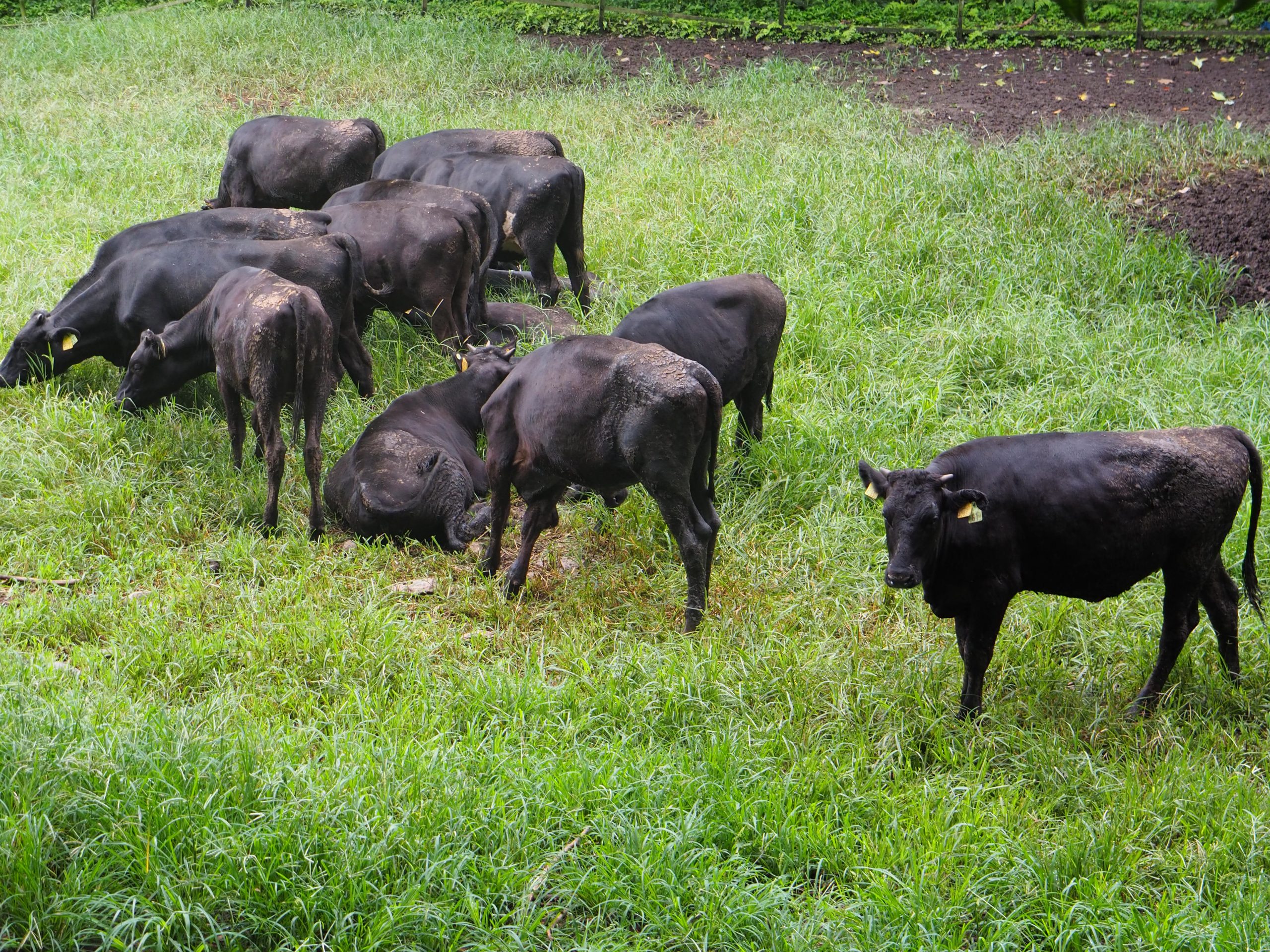Trial of measures against crows at Nagasaki Farm NTT East Kanagawa

NTT East Kanagawa is collaborating with Furuno Electric, Furuno Systems, and Nagasaki Farm (Minamiashigara City, Kanagawa Prefecture) to conduct demonstration experiments on smart livestock farming to prevent damage from birds and animals.
At livestock farming sites, various types of damage are caused by flying crows.
Mitsuji Nagasaki, president of Nagasaki Farm, says, ”The biggest natural enemy of our farm is crows.The problem is that crows come in and transmit infectious diseases to the cattle”.
Outbreaks of infectious diseases such as avian influenza, swine fever, and foot-and-mouth disease cause large-scale damage, including the culling of entire livestock.
For this reason, NTT East Kanagawa , Furuno Electric, and Furuno Systems have built a remote monitoring and detection system environment that applies the latest Wi-Fi standard 802.11ah. The footage captured by network cameras installed on the farm can now be viewed on smartphones and other devices from anywhere at any time.
Since it is 802.11ah, it has wide coverage, and by using a solar panel, there is no need for a power source, so the system can be installed even in places without electricity.
“Previously, staff would patrol regularly and, if crows came, they would make loud noises to scare them away. With this new system, we can reduce the number of patrols, and we can also find out where crows, wild boars are coming from. By being able to understand the situation, it becomes easier to take appropriate measures,” says President Nagasaki.
In the demonstration experiment, the AI detection system”Ongeki Karasu Sniper” promoted by JA Zen-Noh has been also trialled. It is a device that uses AI to detect crows and emit sounds that crows dislike to scare them away.
There are devices around the city that make regular sounds even when crows are not present, but highly intelligent crows quickly get used to the regular sounds and are not as effective. Sound Attack Crow Sniper only makes sounds when crows fly by, so it’s hard to get used to it and the effect lasts.
About 500 Soshu cattle are raised at the Nagasaki Farm. It is actively promoting itself as a Soshu brand. The company is also considering recycling-based agriculture through regional collaboration.
President Nagasaki said, ”For example, we will have farmers grow rice and vegetables using compost from farms, and we will use them as ingredients at inns in Hakone. We would like to encourage local production and local consumption. We believe that such activities will lead to regional revitalization”.
NTT East Kanagawa also sympathizes with this idea and is deepening their collaboration.
Naoki Kawabata of the company’s regional ICT promotion department said, ”If we can visualize recycling-oriented agriculture initiatives, we believe that various parties will participate and exchanges between different industries will become more active”.
